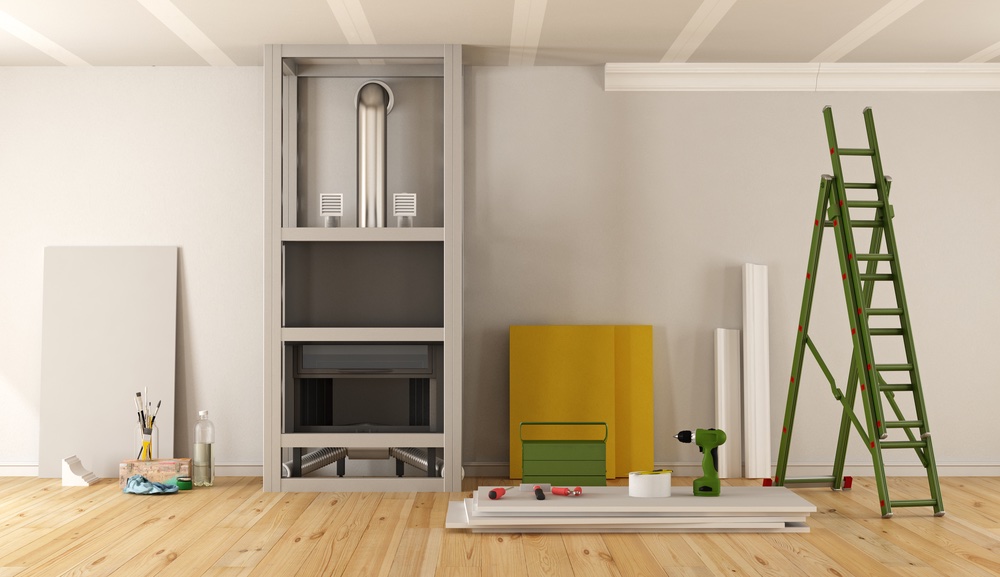
When it comes to buying a home, there are many factors to consider. One option that has gained popularity in recent years is purchasing a fixer-upper. A fixer-upper is a property that requires renovations or repairs, which can be an attractive option for those looking to save money or create a personalized space. However, there are also some downsides to this type of investment. In this article, we’ll explore the pros and cons of buying a fixer-upper and provide readers with valuable information to help them make an informed decision.
Pros of Buying a Fixer-Upper
- Cost savings: One of the primary benefits of buying a fixer-upper is cost savings. Generally, fixer-uppers are priced lower than move-in-ready homes, making them an attractive option for those on a tight budget. Additionally, with a bit of sweat equity, buyers can increase the value of their property, which can be beneficial if they plan to sell in the future.
- Personalization options: Another advantage of buying a fixer-upper is the ability to personalize the space. With a fixer-upper, buyers have the opportunity to customize the property to their liking, which can be complex with move-in-ready homes. From choosing paint colors to selecting fixtures, the possibilities for personalization are endless.
- Potential for increased property value: In addition to cost savings, buying a fixer-upper can also result in increased property value. With strategic renovations and updates, buyers can increase the resale value of their property, which can be beneficial in the long run.
- Ability to build equity: Another benefit of buying a fixer-upper is the ability to build equity. As buyers make repairs and renovations to their property, they increase their home’s value, which can be a good investment in the long run.
Cons of Buying a Fixer-Upper
- Time commitment: One of the most significant downsides of buying a fixer-upper is the time commitment required. Renovations and repairs can take weeks or even months to complete, which can be a considerable inconvenience for buyers. Additionally, the time commitment required can be stressful and may impact other areas of a buyer’s life, such as work and family.
- Need for renovation expertise: Another challenge of buying a fixer-upper is the need for renovation expertise. While some repairs may be simple enough for buyers to tackle independently, others may require professional assistance. This can add to the overall cost of the renovation project and may delay the completion of the work.
- Possibility of unexpected costs: With any renovation project, unforeseen expenses are always possible. For example, a buyer may discover structural issues or problems with the electrical or plumbing systems, which can be expensive to repair. These unexpected costs can add up quickly and may impact a buyer’s budget.
- Stress and uncertainty: Finally, buying a fixer-upper can be stressful and uncertain. With so many unknowns, buyers may feel overwhelmed by the process and unsure of what to expect. Additionally, with renovations and repairs underway, unexpected delays or issues may arise, which can be stressful for buyers.
Things to Consider Before Buying a Fixer-Upper
Before making the decision to buy a fixer-upper, there are several things to consider. These include:
- Budget and financing options: Buyers should carefully consider their budget and financing options before committing to a fixer-upper. They should ensure that they have enough money to cover the cost of the property, as well as any renovations and repairs.
- Type of renovation required: Buyers should also consider the kind of renovation needed for the property. Some upgrades may be simple and straightforward, while others may be more complex and require professional assistance.
- Market conditions: Buyers should also consider market conditions when purchasing a fixer-upper. They should ensure that the cost of the property is in line with market values in the area and that there is potential for the property to increase in value with renovations and updates.
- Personal preferences and lifestyle: Finally, buyers should consider their personal preferences and lifestyle when purchasing a fixer-upper. They should ensure that the property meets their needs and is located in an area that is convenient for their daily routine.
In conclusion, buying a fixer-upper can be an attractive option for those looking to save money and create a personalized space. With cost savings, personalization options, and the potential for increased property value, there are many benefits to purchasing a fixer-upper. However, buyers should also be aware of the downsides, including the time commitment, the need for renovation experts, the possibility of unexpected costs, and stress and uncertainty.
Therefore, before buying a fixer-upper, buyers should carefully consider their budget, financing options, the type of renovation required, market conditions, and their personal preferences and lifestyle. By weighing the pros and cons of buying a fixer-upper, they can make an informed decision and enjoy the benefits of their new property for years to come.

